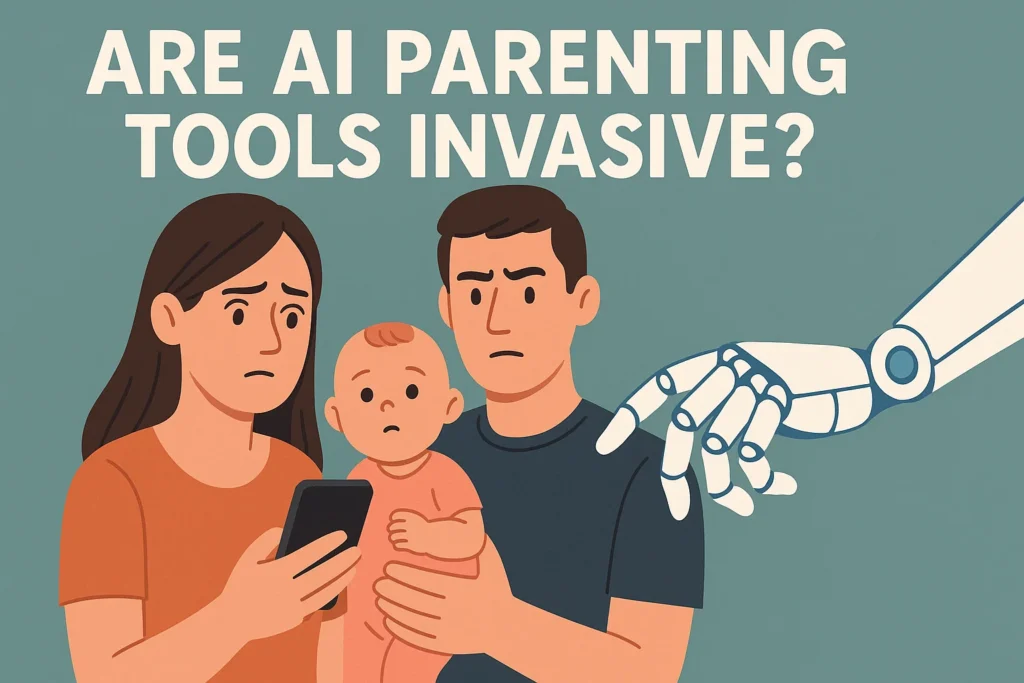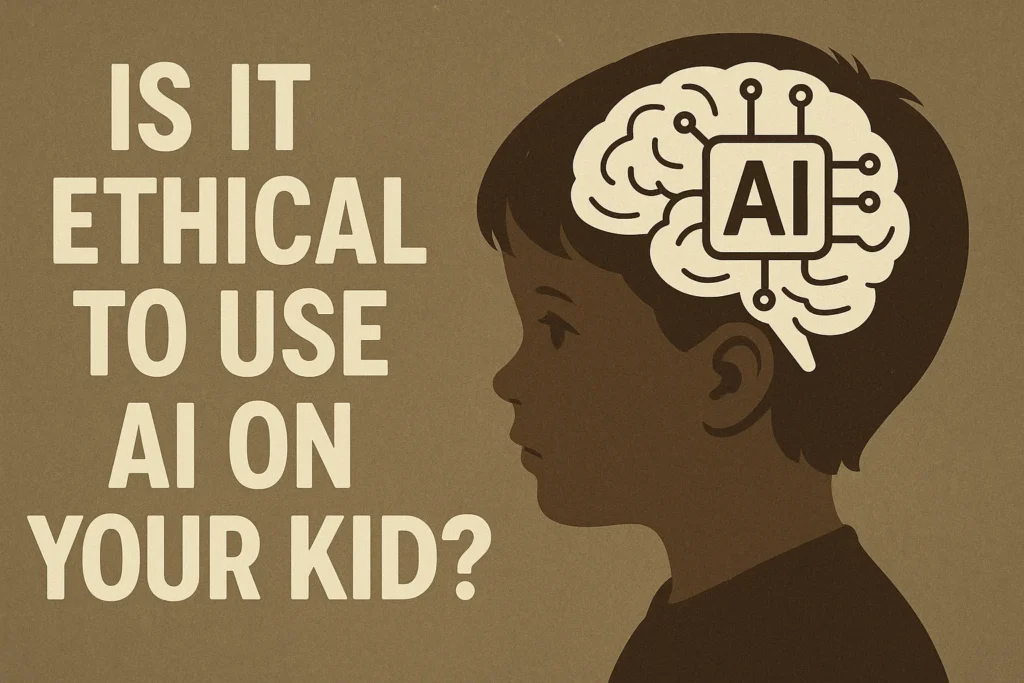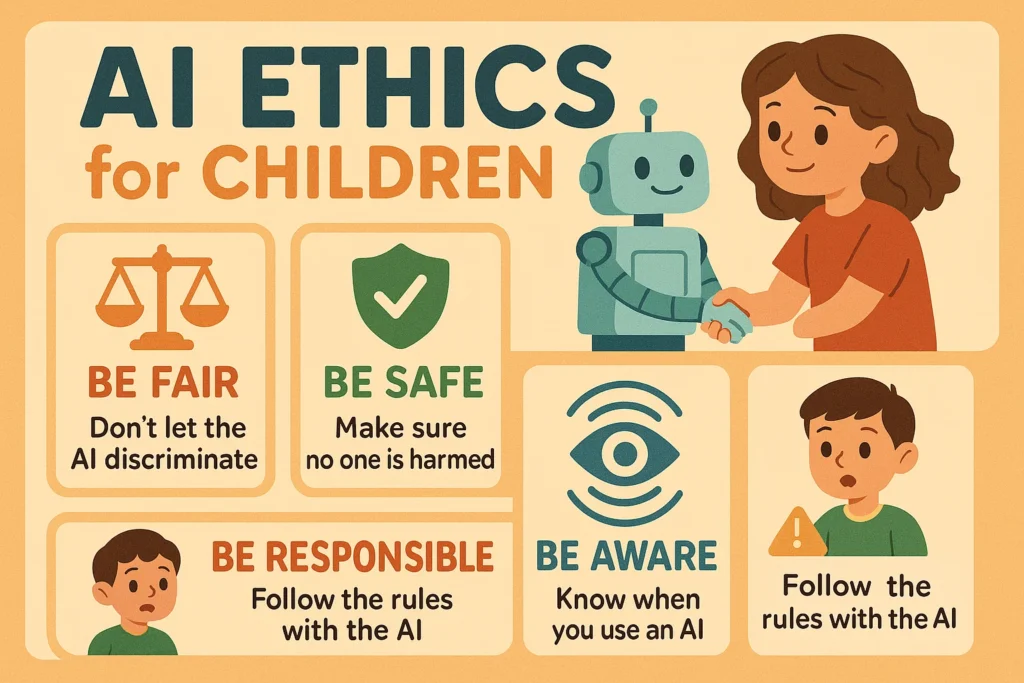🌟 Introduction
From baby monitors to AI-powered learning apps, parents now rely on technology more than ever. But many ask: Are AI parenting tools invasive? At AiBlogQuest.com, we explore the fine line between helpful support and privacy intrusion when raising kids in a digital-first world.
📌 Why Parents Use AI Tools
-
Sleep trainers 💤 to monitor rest cycles
-
Nutrition apps 🍼 to track feeding
-
Screen-time managers 📱 to limit device use
-
Safety trackers 🚼 to monitor location
While convenient, these tools often collect sensitive data.
🧾 6 Truths Every Parent Must Know
-
AI Parenting Tools Collect Private Data 📊
From health records to daily habits, data is continuously monitored and stored. -
Some Apps Share Data with Third Parties 🤝
Many tools use collected data for research or marketing without parents realizing it. -
Constant Monitoring Can Feel Intrusive 👀
Kids may grow up feeling “watched” all the time, which could affect trust and independence. -
Parental Control vs. Over-Surveillance ⚖️
While monitoring ensures safety, overuse can create a controlling environment. -
Security Risks Exist 🔒
Weak privacy policies or poor encryption make sensitive baby data vulnerable. -
Balance Is the Key 🌈
Parents should decide what data is truly necessary and where to draw the line.
🔗 Useful Links – AiBlogQuest.com
❓ FAQ
Q1: Are AI parenting tools always invasive?
Not always. Some tools prioritize privacy, but parents should research before use.
Q2: Can AI parenting tools harm children’s development?
Over-monitoring may reduce a child’s sense of freedom, so balance is essential.
Q3: How can parents reduce invasiveness?
By sharing only essential data, adjusting privacy settings, and choosing apps with strong security.



